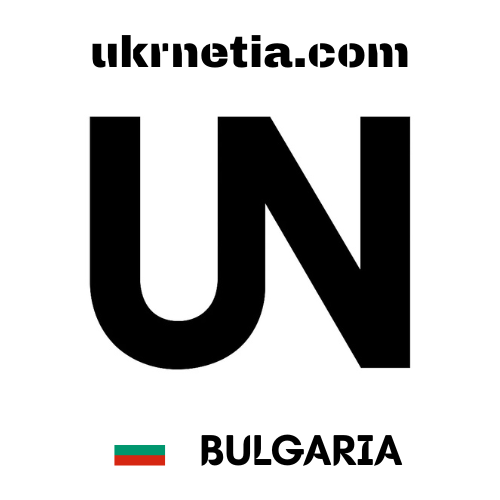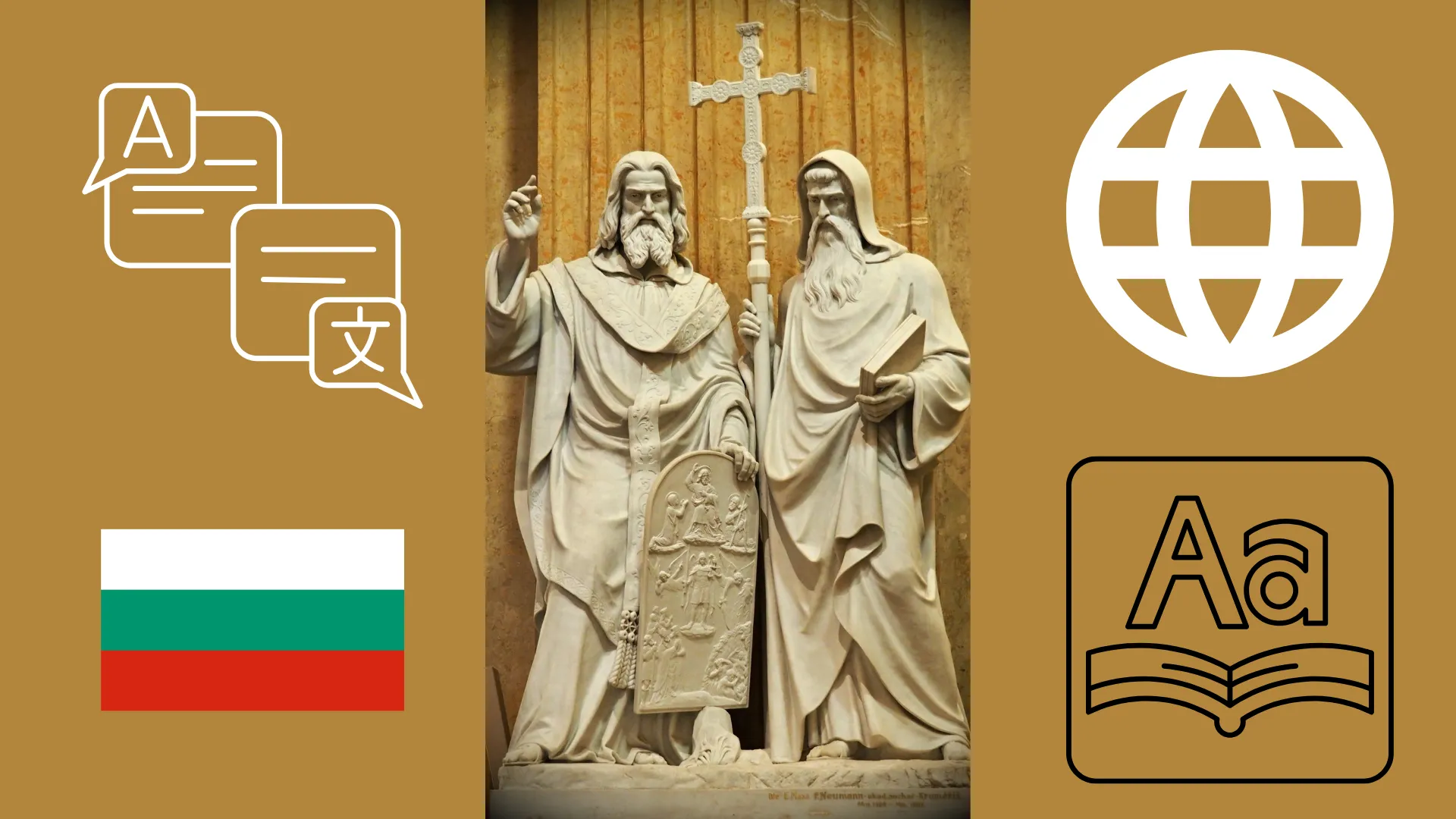Top and Most Renowned Universities in Bulgaria

Bulgaria boasts several leading higher education institutions, well-regarded both domestically and internationally. Here’s an updated overview as of 2025 (based on QS World University Rankings, Times Higher Education, and national data):
- Sofia University “St. Kliment Ohridski”
- The oldest (founded 1888) and most prestigious university in Bulgaria (top-600 in QS 2025).
- Broad range of fields: humanities, natural sciences, engineering, law, journalism.
- Programs in English, French, German; active in Erasmus+.
- Around 25,000 students, with ~10% international.
- Technical University of Sofia
- Leader in technical sciences (top-800 QS in engineering).
- Specialties: IT, electronics, mechanical engineering, automation, telecommunications.
- Partnerships across the EU (Erasmus+, Horizon Europe); state-of-the-art labs and R&D centers.
- Campuses in Sofia, Plovdiv, and other cities.
- University of National and World Economy (UNWE)
- The largest economics university in Southeast Europe (~20,000 students).
- Programs: business, finance, management, international relations, law.
- English-taught master’s degrees; collaborations with IMF, World Bank.
- New Bulgarian University (NBU)
- Private, modern (founded 1991), innovation-focused.
- Many courses in English; popular with international students (psychology, media, arts, IT).
- Flexible online options and global certifications.
- Medical Universities
- Medical University – Sofia: Top performer (top-1000 QS in medicine), English-taught programs.
- Medical University – Plovdiv, Varna, Pleven: Recognized across Europe and by WHO; attract students from India, Greece, Germany, UK.
- Specialties: medicine, dentistry, pharmacy (6-year programs).
Notable others: American University in Bulgaria (AUBG) – liberal arts, fully in English, US-accredited; Varna Free University – tourism and business.
???? How International Students Study in Bulgaria
English-speaking foreigners (from the EU or beyond) can apply without quotas, with visa considerations. Bulgaria follows the Bologna Process and ECTS system.
- Studying in Bulgarian
- Requires a preparatory language year (9–12 months) at the university (~€1,500–3,000).
- Afterward, compete on equal terms with locals (based on diplomas/exams).
- Studying in English
- Available in ~50% of programs (medicine, IT, business).
- Requirements: IELTS/TOEFL (min 6.0–6.5) or university entrance exam; motivation letter, interview.
- No prep year needed.
- European and Exchange Programs
- Erasmus+ (up to 12 months), CEEPUS, Fulbright.
- Dual degrees with universities in Germany, France, Italy.
Visa and Residence Permit (2025):
- EU citizens: Simple registration.
- Non-EU: Type D visa (student) → residence permit (up to 5 years). Need: university invitation, proof of funds (~€4,000/year), health insurance.
???? Programs for International Students
| Level | Fields (English-Taught) | Cost (2025, €/year) | Duration |
|---|---|---|---|
| Bachelor’s | Medicine, IT, Business, Engineering, Tourism | 3,000–8,000 | 3–4 years |
| Master’s | MBA, Data Science, Finance, Law | 2,500–6,000 | 1–2 years |
| Medicine/Dentistry | General Medicine, Dentistry | 7,500–8,000 | 6 years |
| Prep Courses | Bulgarian Language + Subjects | 1,500–3,000 | 9–12 months |
Scholarships (2025):
- Government (Bulgarian Ministry of Education): For those with Bulgarian heritage (full coverage).
- EU Grants: Erasmus Mundus, Marie Curie.
- University Merit Awards: Up to 50% tuition reduction for strong academics.
???? What a Bulgarian Degree Offers
- EU and Global Recognition: → Automatic in all 27 EU countries (Bologna + ECTS). → No nostrification needed in the UK (post-Brexit simplified), Canada, Australia, USA (via ENIC-NARIC).
- Diploma Supplement: Issued automatically in English – streamlines job applications abroad.
- Post-Graduation Opportunities: → Switch student visa to work permit (EU Blue Card possible after 1 year). → In Bulgaria: Average starting salaries in IT/medicine – €1,500–3,000 net. → Easy relocation to Germany, Netherlands, etc.
???? Advantages of Studying in Bulgaria for English-Speaking Internationals (2025)
✅ Affordable Costs: Tuition €2,500–8,000/year; living in Sofia ~€300–500/month (room/food).
✅ English-Taught Programs: Start without learning Bulgarian.
✅ EU-Recognized Degree: Access to a 450 million-person job market.
✅ Safe & Welcoming: Low crime, mild climate (Black Sea beaches, mountains).
✅ Vibrant Student Life: Cheap beer (€1–2), festivals, easy Balkan travel.
Tip: Apply directly via university websites. For medicine, consider agencies like IMS or Medlink.









